Stock Availability: Out of Stock
Salvia sclarea is a remarkable member of the salvia family, it is s a botanical wonder that brings both aesthetic delight and wildlife benefits to your garden. With its striking, upright stature and stunning clusters of lavender-blue flowers this plant can elevate any outdoor space by bring pollinators like bees and butterflies to your garden. Biennial plant of Mediterranean origin. Formerly used for seasoning in German wines, today it is still used in drinks such as vermouth and liqueurs. The aromatic oils are for the preparation of perfumes. Very Hardy so it is unlikely it will need protection during the winter. Suitable for both gardens and pots.
Plant information
Any 3 plants for £25.00 (Usually £30.00)
Any 6 plants for £20.00 (Usually £58.00)
Any 9 plants for £75.00 (Usually £87.00)
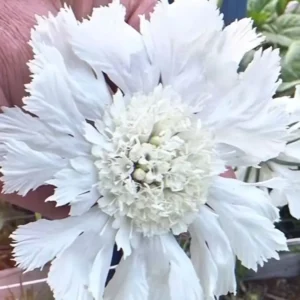
Out of stock
Out of stock
Out of stock
Out of stock
Out of stock
Out of stock
Out of stock
Out of stock
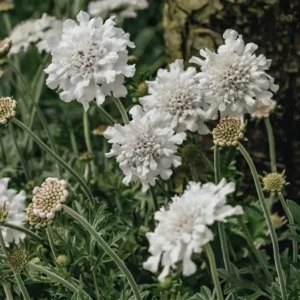
Out of stock
Out of stock
Out of stock
Out of stock
Out of stock
Out of stock
Out of stock
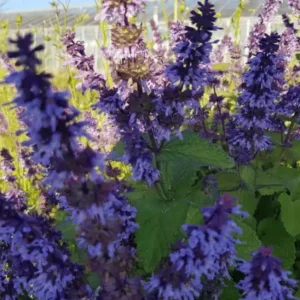
Out of stock
Out of stock
Out of stock
Out of stock
Out of stock
Out of stock
Out of stock
Out of stock
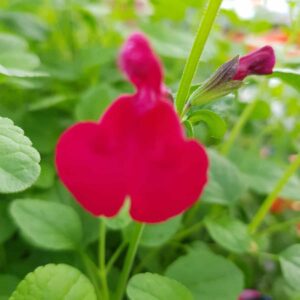
Out of stock
Out of stock
Out of stock
Out of stock
Out of stock
Out of stock
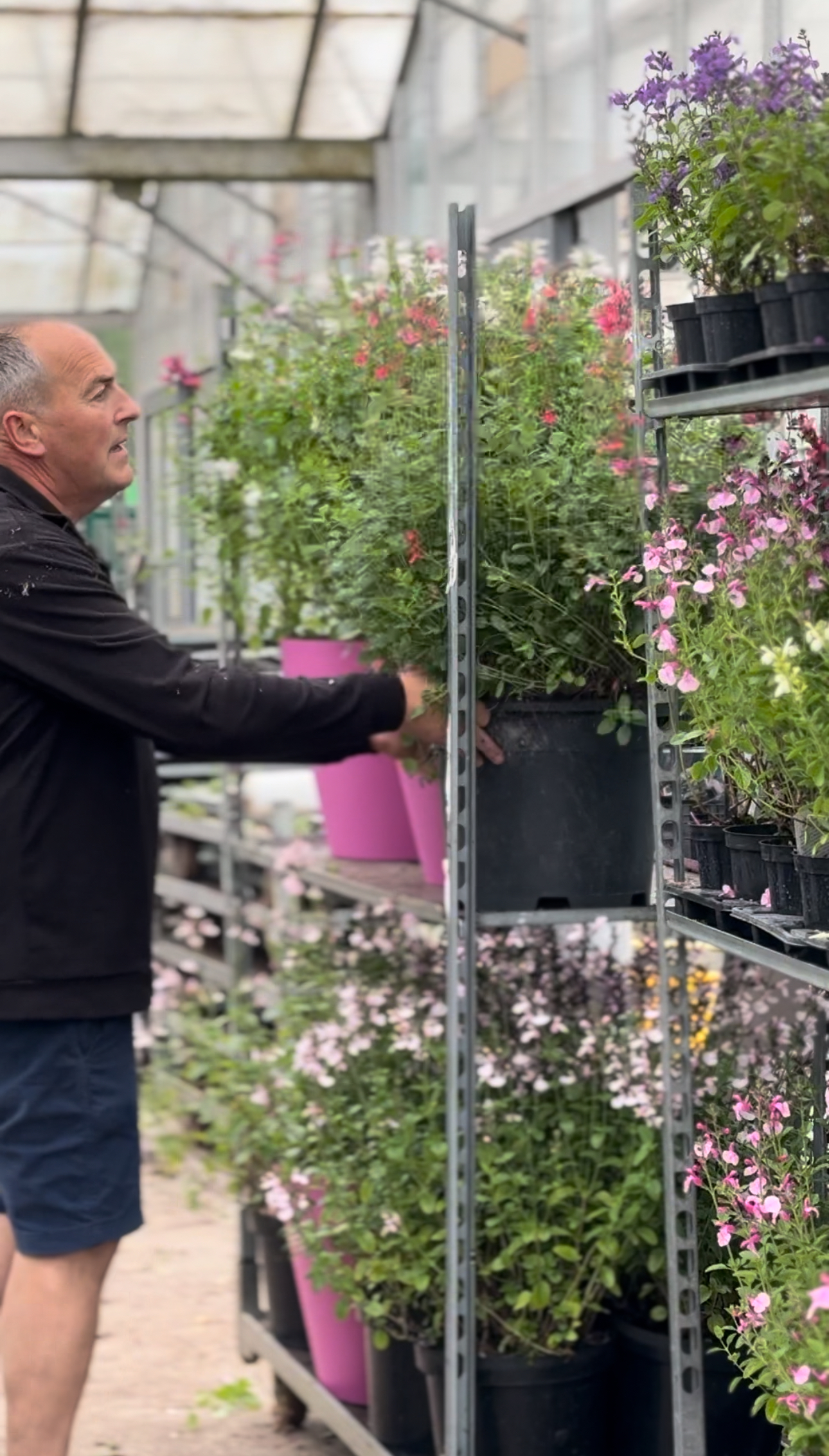
Most salvias love a sunny spot—ideally six hours or more a day. A few can cope with a bit of shade, but full sun gives the best flowers.
They prefer light, free-draining soil. If your garden has heavy clay, it’s worth improving it with grit or compost, or planting in raised beds or pots.
When they’re newly planted, water regularly to help them settle in. Once established, most salvias are quite drought-tolerant and only need watering during dry spells.
Not much. A handful of compost or a slow-release fertiliser in spring will do the trick. Too much feed—especially nitrogen—can lead to lots of leaves but fewer flowers.
Yes—snipping off spent blooms encourages fresh flowers and helps keep the plant looking neat.
Leave them over winter so the old growth can protect the crown, and cut back hard in spring once new growth appears. This gives them a good, fresh start.
Definitely. Take soft tip cuttings in spring or late summer, pop them in a pot of compost, and keep them lightly moist. They usually root quite quickly.
The most likely reasons are not enough sun, too much feed, or letting the dead flowers pile up. A good sunny spot and regular deadheading usually sorts it out.
Some are fully hardy in the UK, while others—especially the more exotic types—need a bit of winter protection. If you're unsure, mulch around the base or bring them indoors.
They're generally trouble-free. Occasionally you might spot aphids, slugs or mildew, but if they’ve got space, good air flow, and well-drained soil, they’re usually fine.